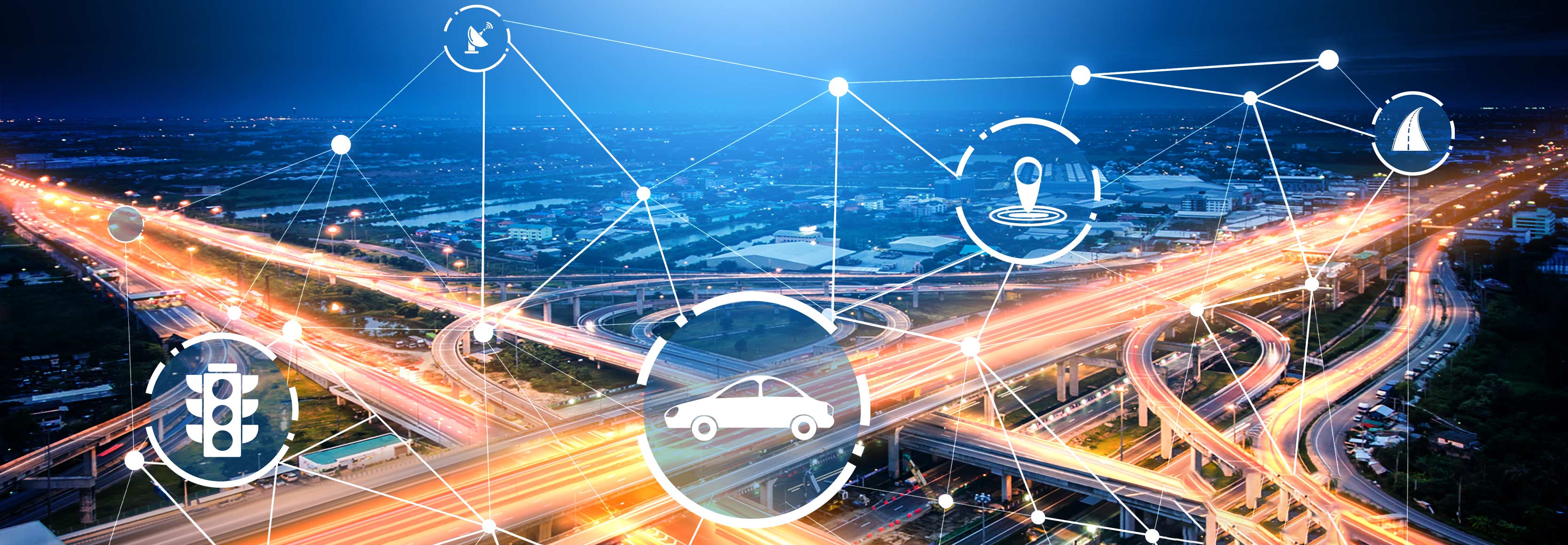
Smart Roads with AI
Given that the world's road network presently covers more than 21 million kilometers and is expected to grow by 4.7 million more by 2050, our roads serve as both a prime target and a platform for a wide range of technological advancements. Applying artificial intelligence (AI) to roads, for example, can have a cascading influence on everything from car design and traffic management to the construction and maintenance of roads and also their environmental impact. As a result, organizations around the world are attempting to design solutions that will improve existing roads, enhance the quality of the new roads and allow for future technological upgrades. This article discusses some of the latest road-related advancements with AI.
Smarter Road Asset Management
Many of the roads around the world are old, filled with defects, unsafe and in need of repair, maintenance or rebuilding. It is not mainly the cost of the projects impeding this repair; there are also concerns about the most effective ways to carry this out because of the lack of sufficient asset data. With the latest AI technology and computational advancements, it is possible to automatically identify functional defects, such as potholes, cracks, and edge breaks, by employing deep learning techniques from visual data such as photos and videos. This will help predict and prevent the frequency of the deterioration of road assets which in turn will lead to smarter and safer roads.
Advanced Traffic Management
The rapid advancement of AI has had a significant impact on how traffic is managed. At various locations on the road network, the movement of people, items, cars, and cargo may now be predicted and managed by AI with impressive accuracy. In addition to providing citizens with greater service than ever before, AI is making it possible to prevent accidents by streamlining traffic at intersections and boosting safety when roads are closed due to construction or other activities. Furthermore, its ability to handle and analyze huge volumes of data has made effective mass transit possible, including ride-sharing systems.
Eco-friendly Roads
According to recent research data, air pollution is the cause of one in eight deaths worldwide and costs the world economy £3-4 trillion annually. As a result, businesses across the globe are attempting to develop AI-powered air quality sensors that can help manage this decreasing air quality, especially in metropolitan areas. These sensors provide real-time readings of a variety of air quality parameters using machine learning, supporting governments in tackling specific air issues. These may be fastened to vehicles, immovable objects, lampposts, or even bags.
Smart Route Optimization
AI can help integrate data from various sources and make intelligent judgments regarding travel routes, which can benefit transport and logistics companies. One of the most important factors of trip planning is route optimization, which ensures that deliveries are always on time and at the lowest feasible money and fuel consumption. Cloud data and AI machine learning are changing the game of route optimization. AI is continually receiving data, analysing it, and evaluating new methods to ensure drivers are taking the most optimized route. AI route planning algorithms foresee obstacles like weather conditions and consider them when rerouting after learning about traffic conditions.
Conclusion
So, as you can see, your roads are about to get smarter with AI. It is already being used to identify assets on roads, improve air quality, help drivers avoid traffic accidents, find parking spaces and much more. The technology also enhances road safety and reduces congestion, all while saving money on road repairs. As more cities integrate AI into their road systems over the next few years, we can expect to see exceptionally safer and smarter roads worldwide.

